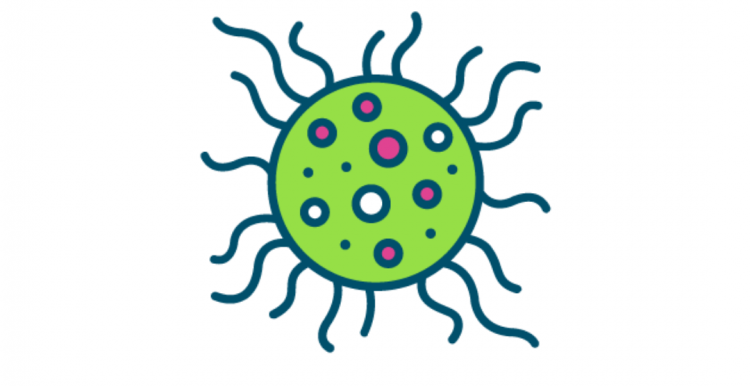Covid-19 vaccine – where are we?

The virus first binds to cells in the lung and then inserts its genes into the lung cells. This tricks the DNA in our lung cells to make new coronaviruses. These then burst out of the cell and infect more cells in our lungs. SARS Cov2 binds to cells with a protein called the spike protein.
A vaccine is a type of medicine that gives our body's immune system an advanced warning of a disease which it has not seen before. Then, if the disease turns up, our body is primed to fight it off such that we do not catch it or spread it around to other people.
Vaccination enables us to fight the virus in two ways. By making antibodies which kill the virus in the blood and by making cytotoxic T cells (a type of white blood cell) to fight the virus once it has invaded our cells.
The University of Oxford is one of the front runners to develop a vaccine against SARS Cov2 using novel technology and is described as a molecular vaccine. Their approach is to block the spike protein – the virus then cannot infect our cells and it will die.
The Oxford scientists isolated the gene which makes the spike protein and put this into a harmless virus to make the vaccine. This is injected into our arms. The harmless virus inserts the spike protein gene and our cells make spike protein. Our immune system will recognise the spike protein as foreign and marshal its defences to stop the virus infecting our cells, if we come into contact with it.
In clinical trials with healthy volunteers the Oxford vaccine does make antibodies which block the Covid spike protein and it also increases T cells. This is fantastic news. Further clinical trials assessing if the vaccine can block transmission of the disease in Covid-19 patients is taking place in South Africa, Brazil, and USA where infection rates are high.
Other vaccine candidates in advanced clinical trials as well as the Oxford one includes those from CoronaVac (China), Moderna (USA) and Pfizer-BioNTech (USA-Germany).
It normally takes at least 10 years to develop a vaccine – so how come scientists have come so far in a few months? The key is to use modern technology, do as much in parallel as possible and begin vaccine manufacture before you know the vaccine works and has been approved! Oxford University has partnered with the pharmaceutical company, AstraZeneca to produce the vaccine globally and manufacture is underway.
When will we know if the vaccines work or not? All being well it should be Autumn of this year – the Oxford vaccine might be the first --- so watch this space!!


